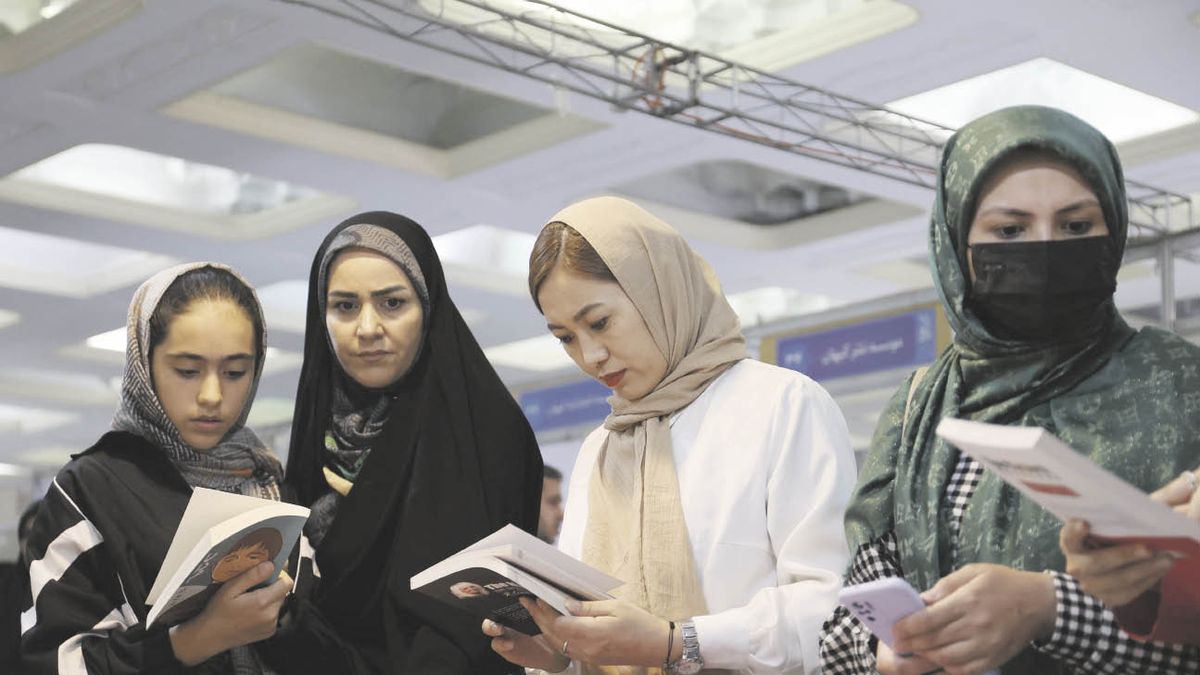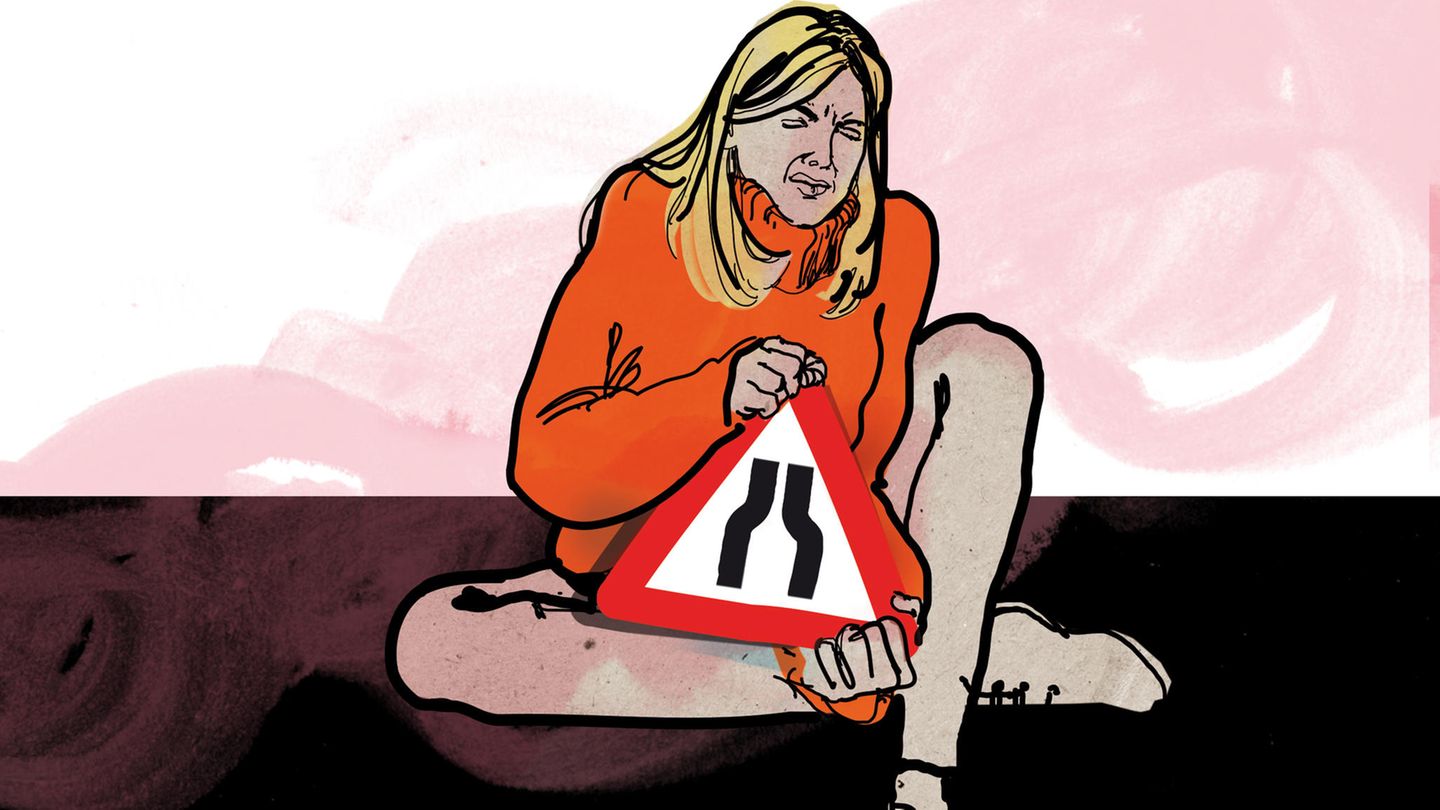Tehran – A bill on the use of the headscarf in Iran sparks a lively debate within power, where conservatives are mobilizing against the refusal of a growing number of women to cover their heads.
Since the 1979 Islamic Revolution, Iranian law has required all women to wear a hijab that covers the head and neck in public places.
However, more and more Iranian women are taking to the streets without it, a trend that was accentuated by the protest movement sparked by the death of Mahsa Amini, a young woman arrested for violating the strict dress code.
Conservatives passionately defend the obligation to wear the veil and consider that its disappearance would initiate a process that would profoundly modify “social norms”.
In this context, the judiciary and the government proposed in May a bill called “Supporting the culture of hijab and chastity” to “protect society” and “strengthen family life”.
This text suggests reinforcing sanctions, particularly financial ones, against “any woman who removes her veil in public places or on the internet.”
“This bill proposes to criminalize not wearing the hijab, just like a traffic violation, but with more severe fines,” explains sociologist Abbas Abdi. However, since the death of Mahsa Amini, society “does not accept that a woman be imprisoned because she does not wear the veil”, he estimates.
In recent months, the authorities have taken a number of initiatives, ranging from closing shops, particularly restaurants, to installing cameras on the streets to persecute women who defy the ban.
In recent days, at least three officials have been fired or detained for allowing unveiled women access to historic sites.
The bill, which was published in pro-government media, provides for offenders to first receive a warning message from the police.
For repeat offenders, they face a fine of 500,000 to 6 million Tomans (about $11 to $129), a significant sum for many Iranians. To this is added the deprivation of social rights and the confiscation of the car for ten days for women who drive.
Source: Ambito




